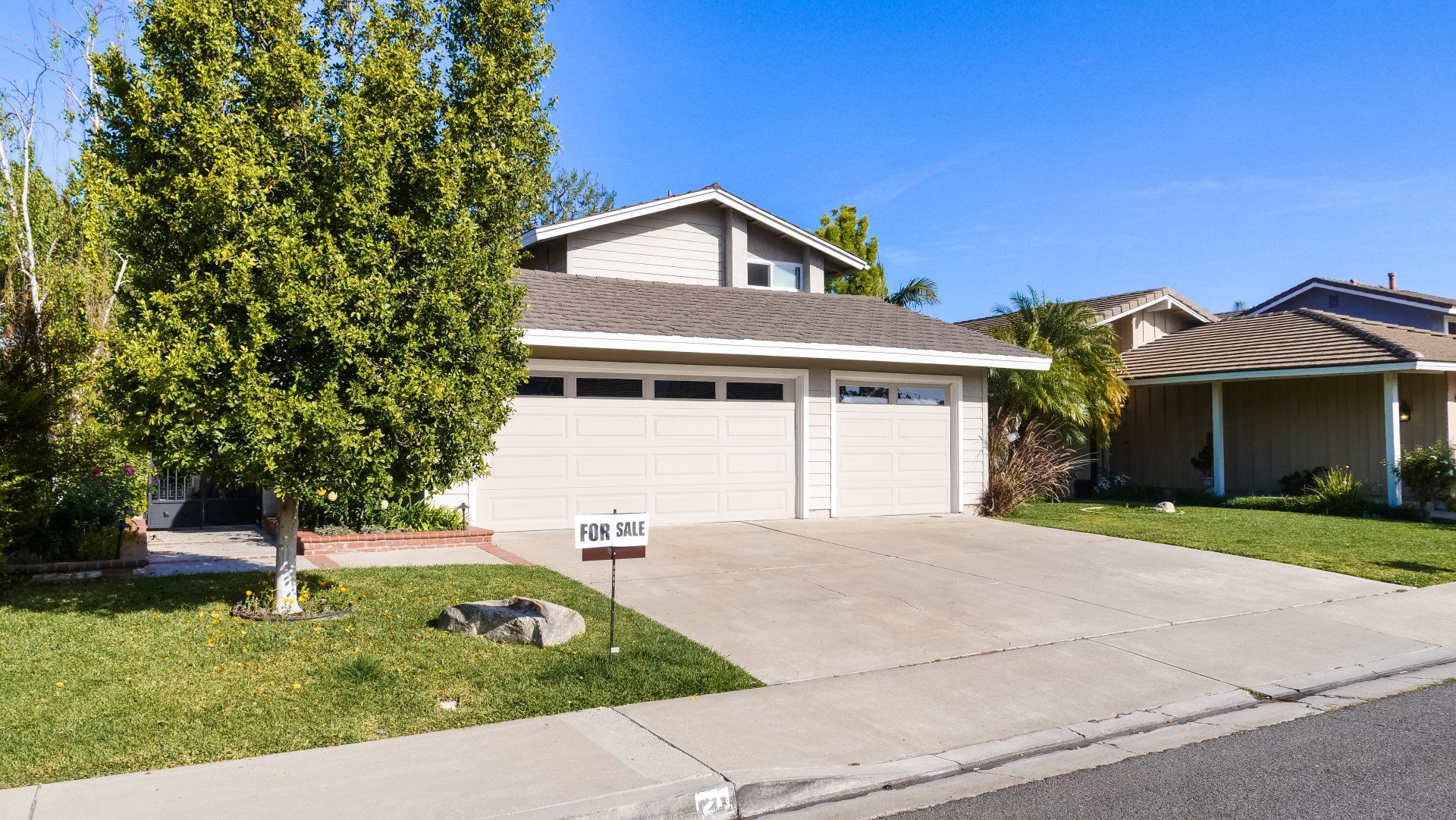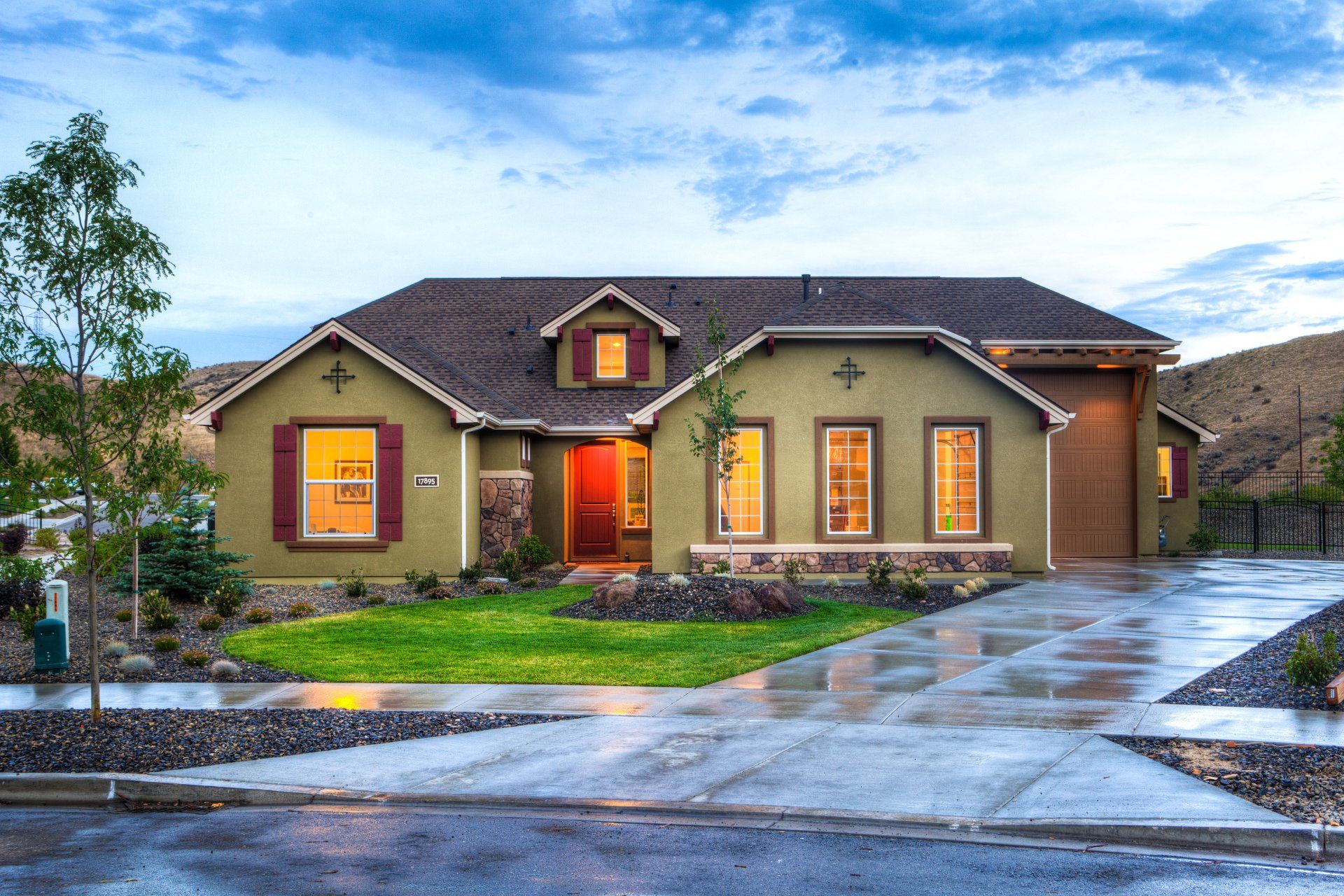Concrete Driveway Recommendations
Navigating the Concrete Jungle: Unraveling the Mysteries of Concrete Driveways

When enhancing your home, one common question echoes through the neighborhoods: How much does a concrete driveway cost in your area? Let's embark on an informative exploration, addressing not only the cost but also delving into concrete driveways' practicality, durability, and technical aspects.
1. The Dollars and Cents of Concrete Driveways
The cost of a concrete driveway can vary based on several factors. Factors such as the size of the driveway, decorative elements, and site conditions play a crucial role. On average, homeowners can expect to invest between $4,000 and $8,000 for a standard concrete driveway installation. Obtaining quotes from reputable contractors in your area is important to get a more accurate estimate tailored to your specific project.
2. The Myth of Cheap Concrete Driveways: Unveiling the Value
While "cheap" may suggest inferior quality, concrete driveways are far from it. The upfront cost might be higher than alternative materials, but the longevity and minimal maintenance costs make them a worthy investment. When properly installed and maintained, concrete driveways stand the test of time, providing excellent value for the money spent.
3. Concrete vs. Asphalt: A Cost-Worthy Debate
A burning question for many homeowners is whether a concrete driveway is cheaper than asphalt. The answer lies in the long-term perspective. While asphalt may have a lower initial cost, concrete driveways are often more cost-effective over time due to their durability and lower maintenance requirements. Concrete driveways are known for resisting oil stains, cracking, and the effects of harsh weather conditions, ensuring a longer lifespan than asphalt alternatives.
4. The Concrete Depth Dilemma: How Thick is Thick Enough?
Addressing concerns about concrete thickness, a standard recommendation is a minimum of 4 inches for residential driveways. This thickness provides ample strength to withstand vehicles' weight and daily use stresses. However, soil conditions and the anticipated load-bearing capacity may necessitate thicker concrete for optimal performance.
5. Reinforcing the Foundation: The Role of Rebar in a 4-Inch Slab
Should we rebar or not rebar a 4-inch driveway slab? The answer often depends on site-specific factors. While a 4-inch slab can be suitable for many residential driveways, incorporating rebar reinforcement enhances its strength and resistance to cracking. Consultation with a professional concrete contractor can provide insights into whether rebar is necessary for your project.
6. PSI Matters: Exploring the Strength of Concrete
Higher PSI (pounds per square inch) concrete is often associated with increased strength and durability. The question arises: Is 5000 PSI concrete suitable for a driveway, and does higher PSI concrete equate to reduced cracking? Understanding the correlation between PSI ratings and concrete strength is crucial when choosing the right mix for your driveway.
7. The Power of 8000 PSI Concrete: A Deep Dive into Applications
What is 8000 PSI concrete used for, and does it have a place in driveway construction? While such high-PSI concrete is commonly employed in heavy-duty industrial applications, its use in residential driveways may be excessive. Striking a balance between strength and practicality is essential, and understanding the intended applications of concrete mixes is critical when planning a driveway project.
8. To Rebar or Not to Rebar: Ensuring Driveway Durability
The necessity of rebar in driveway concrete depends on various factors, including soil conditions, climate, and anticipated traffic load. While some driveways may thrive without rebar, others may benefit significantly from its inclusion. Consulting with experienced concrete professionals ensures your driveway receives the appropriate reinforcement for long-lasting durability.
In this comprehensive exploration of concrete driveways, we've journeyed through cost considerations, debunked myths, and unraveled technical aspects. As you embark on your driveway project, armed with knowledge, may your path be smooth, durable, and aesthetically pleasing.


